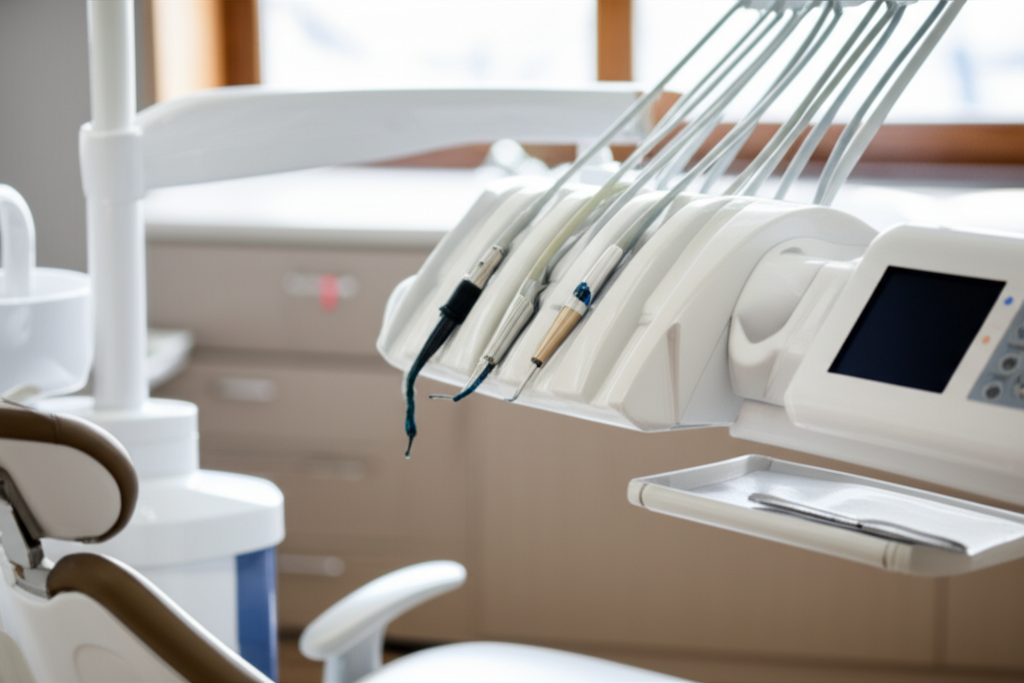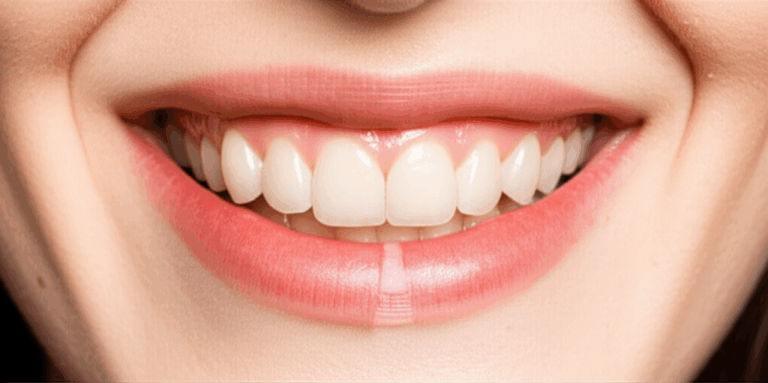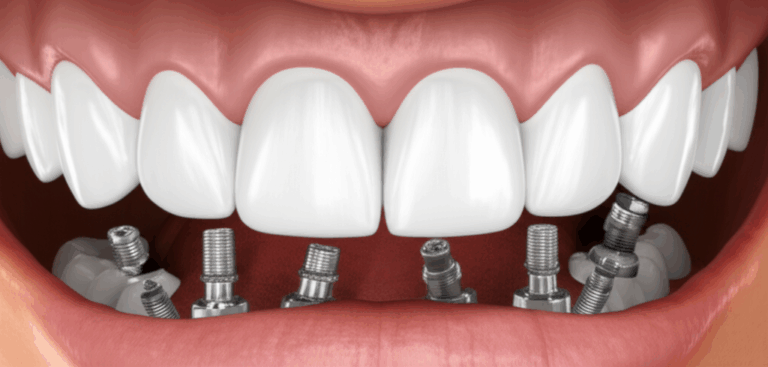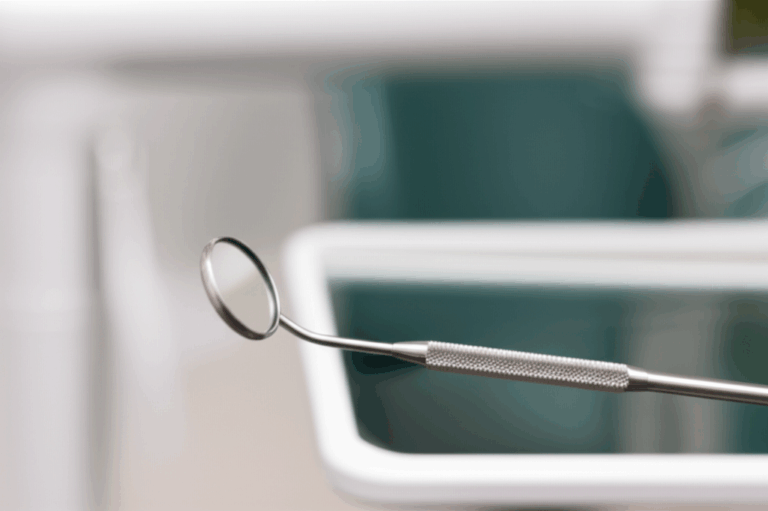
Do You Need Clinical Hours for Dental School? (Yes, and Here’s Why & How)
Are you dreaming about being a dentist but stuck on the big question — “Do you need clinical hours for dental school?” You’re not alone. This guide gives you the simple answers, breaks down the steps, and shows you real ways to stand out in your dental school application. Don’t let clinical hours be the hurdle that trips you up. Read on to get solid advice, tackle your worries, and boost your chances for that acceptance letter.
Table of Contents
Do You Really Need Clinical Hours for Dental School?
Let’s get straight to it. If you want to go to dental school, clinical hours are almost always a must. They help you see what dentists really do, and schools want proof you know the job.
Now, you may ask, “Can I get in without them?” Some schools don’t have a set number, but pretty much all say clinical experience is strongly suggested. The truth? If you skip it, you’ll be at a big disadvantage. Clinical hours show you’re serious about the dentist path.
So many students put off getting their hours, hoping it’s not really needed. But every admissions group sees weak or missing clinical work. Don’t let this problem grow! Start looking for ways to get near patient care as soon as you can.
What Counts as Clinical Experience?
So what does “clinical” mean? Watching Grey’s Anatomy isn’t enough! Here’s what counts:
- Shadowing a Dentist: This is when you follow a dentist and see day to day what they do with real patients. You just watch—not treat—but you see the full picture.
- Hands-On Patient Care: This could mean you’re a dental assistant, or help at a clinic where you interact with patients. You may not do real treatments yet, but you get to see and help.
- Volunteering in Healthcare: Did you help at a hospital or clinic, or even on a dental mission trip? All these help. The closer you get to the dental chair, the better.
Tip: Try to do a bit of everything. Only shadowing one dentist or seeing just one specialty means you miss a lot. The best applicants see a range of care. That proves they know what they’re signing up for.
> Table: What Counts as Clinical Experience?
| Activity | Counts as Clinical Hours? | Best For |
|---|---|---|
| Shadowing a general dentist | Yes | Needed |
| Volunteering at a dental clinic | Yes | Very Good |
| Dental assistant work | Yes | Skills |
| Shadowing an orthodontist/pediatrician | Yes | See different work |
| Volunteering at regular hospitals | Partly | Shows patient skills |
| Non-dental research | Maybe | If you see patients |
| Watching dentistry online (virtual) | No/Maybe (was okay during COVID, not now) | Only if you can’t do in-person |
Shadowing vs. Direct Patient Care: What’s the Difference?
Ever see people talk about “shadowing” and “clinical hours” like they’re the same thing? They’re close, but not the same. Let’s make it clear, so you don’t get mixed up on your application.
Shadowing Hours: Your First Look at Dentistry
When you shadow, you watch and learn. You can see a normal dentist at work, or see other types like oral surgeons or orthodontists. You might just watch, or ask questions (between patients).
Admissions expect some shadowing hours. A good goal is at least 100 hours, but the best folks often have more, like 200–250 or more.
All your hours in one place? Not needed! Try a general dentist, then a dentist for kids (pediatric), or even a dentist who does implants.
Direct Patient Care: You Do More Than Watch
Direct patient care is when you do more than just watch—like helping with cleaning or being a dental assistant, or volunteering at a clinic. This shows you can work with patients for real.
Maybe you work as an assistant or volunteer in community clinics. Even other healthcare work with patients helps; it doesn’t have to be only teeth work, especially at first.
Bottom line: The more you get involved, the easier it is to talk and write about it on your application. You can show you’re okay with spit, drills, and tough cases.
How Many Clinical Hours Do You Need for Dental School?
“Just tell me—how many hours are enough?” If only it was that easy! Dental schools don’t always say one “magic number.” But here’s what I found:
- Most schools say get at least 100–200 hours of shadowing, and some want even more (like 250+).
- Only a few schools say a low hard minimum, but if you have less than 100, it looks like you haven’t really seen dentists in action.
- If you want a spot at a more hard-to-get-into school, go over the average.
Here’s a quick chart to help:
> Table: Typical Clinical Hour Ranges for Dental School
| School Type | Shadowing Hours Suggested | Direct Patient Care Hours |
|---|---|---|
| Most U.S. dental schools | 100–200+ | 50+ (good, not always needed) |
| Top competitive | 200–300+ | 100+ |
| Minimum (rare) | 50 | Not always set |
Don’t chase just big numbers. Almost every admissions group says “quality is better than just lots of hours.” They want to know what you learned, not just see a pile of hour logs. If you really focused for 100 hours, you’ll look better than someone who did 300 just sitting quietly.
> Resource tip: Every dental school is a bit different. Check each official site or use the ADEA AADSAS dental school explorer to double-check what they want.
Why Do Dental Schools Care About Clinical Experience?
You might wonder why all these hours matter. Dental schools care for real reasons—and it’s not only to see you know about tools.
Shows You’re Serious About Dentistry
First, shadowing and real experience shows you mean it. You’ve seen the long days, tough patients, even the business side, and you still want in. Schools want to know you didn’t just randomly pick “dentist.”
Helps Build Key Skills
Working in a dental office or clinic helps you learn skills all dentists need. You get better with people who are nervous, you learn kindness for hurting patients, you learn about being professional, and teamwork. You might even see a bit about being a leader.
Makes Your Application Stronger
Here’s a tip: Clinical hours give you stories for your essays and interviews. Maybe you saw a patient’s life change, or helped someone who was scared of dentists. These stories help make your application real.
Real stories beat textbook answers. And if you saw high-tech things, you can mention a digital dental lab or talk about modern stuff you watched.
How Do You Get Clinical Hours?
Here’s the big question: How do you get those hours without getting stuck? Here are simple ways that work for lots of students:
1. Finding Shadowing Chances
- Ask your own dentist: Lots love helping students.
- Talk to someone at college: Find a pre-dental club, ask your advisor, or talk to teachers.
- Contact local dental offices: Don’t be shy—email, call, or just walk in and ask about shadowing. Bring a short resume and show curiosity.
- Check community clinics: They sometimes run shadow programs.
- Use pro groups: Groups like the ADA or your state dental society might have dentist lists for students to shadow.
2. Helping Out Directly
- Volunteer at a dental ceramics lab: Some labs are happy to show students how things like crowns, bridges, and veneers are made. You’ll see another side of care.
- Work as a dental assistant: You might need some training, but some places will teach you. You learn a lot about people and dental work.
- Try to help at a hospital: If you can’t find dental stuff, working with patients in any health place helps. Just make sure you really meet with patients.
- Go on a dental trip: Working with dental groups in other countries can be great, but still try to get some time at home, too.
3. Tips for Getting the Most
- Keep a log with dates, places, and a few notes about what you learned.
- Ask questions and really pay attention.
- Get feedback from dentists or others you help.
- Try to get letters of recommendation from people who saw you grow.
And if you want to see newer tech, find a 3d dental lab. It’ll make your app stand out!
What If You Don’t Have Enough Clinical Hours?
Worried you’re behind and won’t have enough hours? Don’t stress, you’re not alone. Lots of folks don’t start shadowing until junior or even senior year.
Problem: You need more hours, but time’s running out, or COVID-19 messed things up.
Worse: You might feel worried your application won’t sparkle, or maybe you lost chances because clinics closed.
Easy fix: Here’s what you can do:
- Focus on what you learned: Talk in detail about what you picked up in the hours you have.
- Shine somewhere else: Get a strong GPA, DAT test score, or do some research. Show you’re active in other places, too.
- Take a year off: After college, a lot of students collect extra hours and then apply next year—much stronger.
- Show off unique experience: Maybe you worked at a removable denture lab or helped on a dental trip. Share your story.
Don’t let a lower hour count stop you. Schools know the last few years were tough. Honest, thoughtful stories beat made-up big numbers.
Making Your Clinical Hours Count: Best Practices
Don’t just watch the clock. Make your time count. Here’s how:
Do these, and you’ll make each experience count—and that’s what dental schools want.
Where Can Clinical Experience Lead You in Dentistry?
Here’s something students almost never think about: Your time in clinics matters after you get in, too. The stuff you build now helps forever.
- Talking to people: Every day you’ll chat with patients at work.
- Leading teams: If you run your own shop, or work with implant dental laboratory folks, you’ll need to work together.
- Skills and kindness: Hours in clinics teach working carefully and kindly—very useful for a dentist.
That’s why china dental lab works with students, schools, and clinics. We know tomorrow’s best dentists start with good clinical and lab experience today!
Conclusion: Your Roadmap to Dental School
If dental school is your dream, don’t skip clinical hours. They show you’re ready, help you learn skills, and prove you’ve seen both the good and the tough side of this job.
Start early, use all the chances you can, and don’t get down if things go wrong. Dental schools want you to be smart, kind, and ready. If you work hard at real experience, think about what you saw, and share it, you’ll make your application shine.
Summary: Key Things to Remember
- Clinical hours are really important for dental school applications.
- Shadowing is the first step—try to get more hands-on, too.
- Most need at least 100–200 hours, but what you learn is more important than just the number.
- Get to see all sorts of dentistry: general and specialty, clinics, labs.
- Start early and keep good notes about your time.
- If your hours are low, use what you do have—think about and explain what you learned.
- Real clinical hours help you write stronger essays and say real things at interviews.
- The stuff you learn during your time helps you be a better dentist later.
FAQ: Top Questions About Dental School Clinical Hours
Q: Can I get into dental school without clinical hours?
A: It’s really hard. Nearly all schools want you to have some, and you’ll be at a disadvantage if you don’t.
Q: Is shadowing enough, or do I need hands-on care?
A: Shadowing is a must, but hands-on work makes you look much better.
Q: Best way to get shadowing if I don’t know any dentists?
A: Go to your pre-health office, join a club, ask local practices, or try pro groups.
Q: Do medical clinical hours count for dental school?
A: Some do, if you helped patients directly, but you also need work that’s just about teeth.
Q: Will online shadowing hours count?
A: Some schools took these during COVID-19. Now, most want you in the office.
Ready to start? For more info on new dental technology, or to see real work at a zirconia lab, check out more on our site. Your road to a great dental school application starts with one step—get those clinical hours now!








